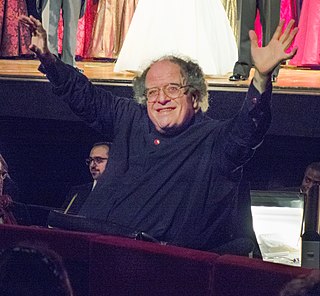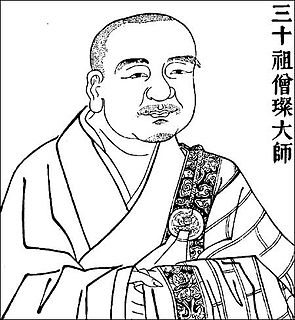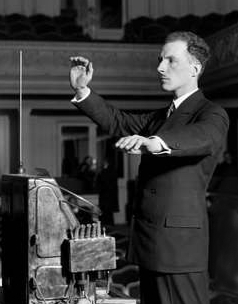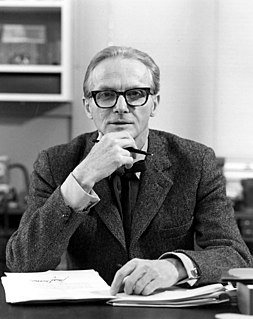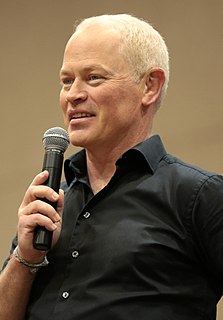A Quote by James Levine
Great cataclysmic things can go by and neither the orchestra nor the conductor are under the delusion that whether they make this or that gesture is going to be the deciding factor in how it comes out.
Related Quotes
To live in the Great Way is neither easy nor difficult, but those with limited views are fearful and irresolute: the faster they hurry, the slower they go, and clinging cannot be limited: even to be attached to the idea of enlightenment is to go astray. Just let things be in their own way and there will be neither coming nor going. Obey the nature of things (your own nature), and you will walk freely and undisturbed.
The great myth is the manager as orchestra conductor. It's this idea of standing on a pedestal and you wave your baton and accounting comes in, and you wave it somewhere else and marketing chimes in with accounting, and they all sound very glorious. But management is more like orchestra conducting during rehearsals, when everything is going wrong.
I always maintain that playing in an orchestra intelligently is the best school for democracy. If you play a solo, the conductor and everybody in the orchestra follows you. Then, a few bars later, the main voice goes to another instrument, another group, and then you have to go back into the collective [sound]. The art of playing in an orchestra is being able to express yourself to the maximum but always in relation to something else that is going on.
Where there is Love and Wisdom, there is neither Fear nor Ignorance.
Where there is Patience and Humility, there is neither Anger nor Annoyance.
Where there is Poverty and Joy, there is neither Cupidity nor Avarice.
Where there is Peace and Contemplation, there is neither Care nor Restlessness.
Where there is the Fear of God to guard the dwelling, there no enemy can enter.
Where there is Mercy and Prudence, there is neither Excess nor Harshness.
There is something about the live performance of an orchestra that makes it very different to a film. With a film, you can rewrite it in a way with the material you have, and in rehearsals, you're really trying out different things. In an orchestra, you can't do that. They separate as soon as the performance factor comes into play.
